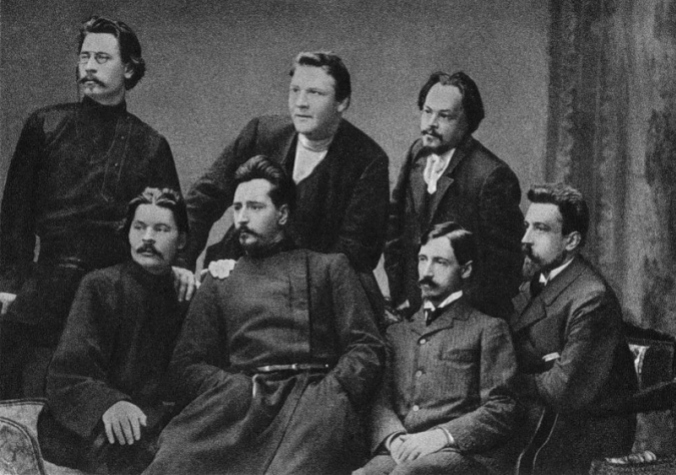
As a writer, I’m fascinated by other writers’ writing habits. There are infinite ways to construct a story, so it’s interesting to hear how others choose to do it.
George R.R. Martin, author of A Game of Thrones and its sequels, devised an excellent metaphor for writers and their processes. He divides them up into two loose categories: architects and gardeners.
What exactly does that mean? Let’s dig in.
Architects
Here’s how Martin defines them:
“The architect, as if designing a building, lays out the entire novel at a time. He knows how many rooms there will be or what a roof will be made of or how high it will be, or where the plumbing will run and where the electrical outlets will be in its room. All that before he drives the first nail. Everything is there in the blueprint.”
In other words, architects plan everything before writing it. They might work from a detailed outline or multi-page treatment. Architects often devise character bios or event timelines. If you’ve ever covered your wall in sticky notes, you’re probably an architect (or maybe a detective?).
When I did screenwriting in school, we were obligated to be architects; that is, we were required to write an outline for every script. Makes sense. With only a semester to write, it’s a unwise to choose a destination without a map.
However, spending time as an architect revealed some inherent weaknesses with the style. For one, characters might feel a bit less natural when they’re written to an outline. Characters come alive when they make organic decisions which align with their established traits. They can feel stiff when making decisions for the sake of an outline.
Of course, being an architect also has its advantages. For instance, architectural writing tends to feel more focused, especially on first drafts. Architects spend less time searching for their path since they’ve already built. All that’s left is to expand upon it—adorn it with some yellow bricks or something.
Gardeners
I’ll let Mr. Martin take over here:
“And then there’s the gardener who digs the hole in the ground, puts in the seed and waters it with his blood and sees what comes up. The gardener knows certain things. He’s not completely ignorant. He knows whether he planted an oak tree, or corn, or a cauliflower. He has some idea of the shape but a lot of it depends on the wind and the weather and how much blood he gives it and so forth.”
Gardeners plant the seed of an idea and watch it blossom. Unlike architects, they usually don’t have a blueprint for their stories. Instead, gardeners often begin with a particular thought, character, or scene, then work from there. Where it goes is anyone’s guess.
Although being a gardener is liberating, it also requires a lot of trial and error. Gardeners might start on a promising idea and spend weeks nurturing it. But what if it doesn’t grow? What if it doesn’t go anywhere? It’s discouraging to spend time on a particular piece only to realize you have no idea how it should develop.
The advantage of being a gardener (besides the fresh vegetables) is that such writing often feels spontaneous. Unlike architects, gardeners will often find surprises within their own work. Gardener characters also might feel less rigid than architect characters. Their actions will often shape the story since there is no predetermined path for them to follow.
Which Are You?
Here are Martin’s closing remarks on the subject:
“No one is purely an architect or a gardener in terms of a writer, but many writers tend to one side or the other. I’m very much more a gardener.”
As Martin wrote, most writers fall somewhere near the middle and lean toward one side or the other. So which are you closer to: an architect or a gardener?
I’m still figuring out which side I favor. In my screenwriting days, I had to be more of an architect. After graduating, I swung far (maybe too far) towards gardening. Now I’m shifting back toward an architect.
Whichever you are, keep building and keep planting. Keep writing!
Kyle A. Massa is a speculative fiction author living somewhere in upstate New York with his wife and their two cats. He has written two books and numerous short stories, both published and yet-to-be published. He enjoys unusual narrative structures, multiple POVs, and stories about coffee.












